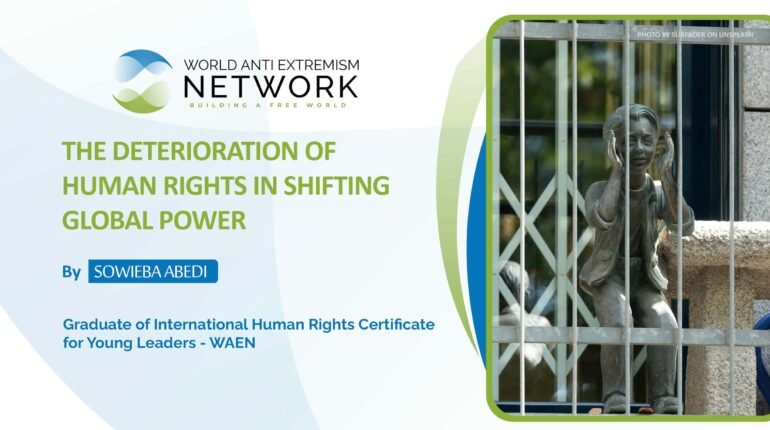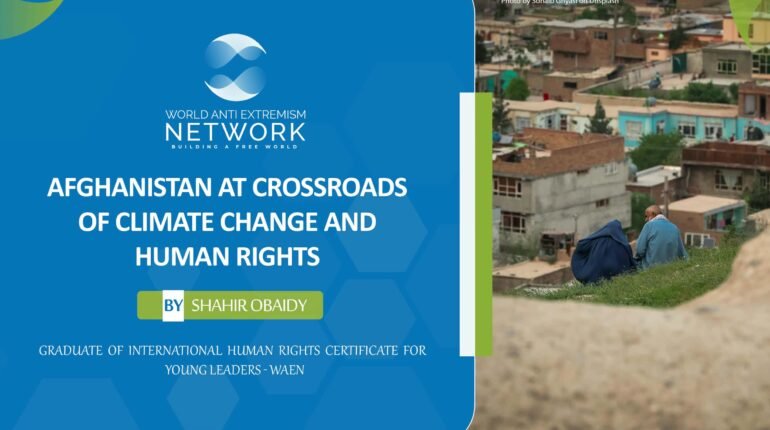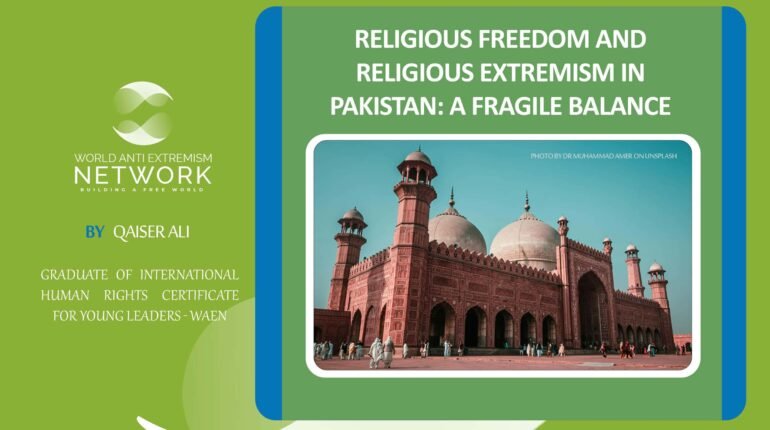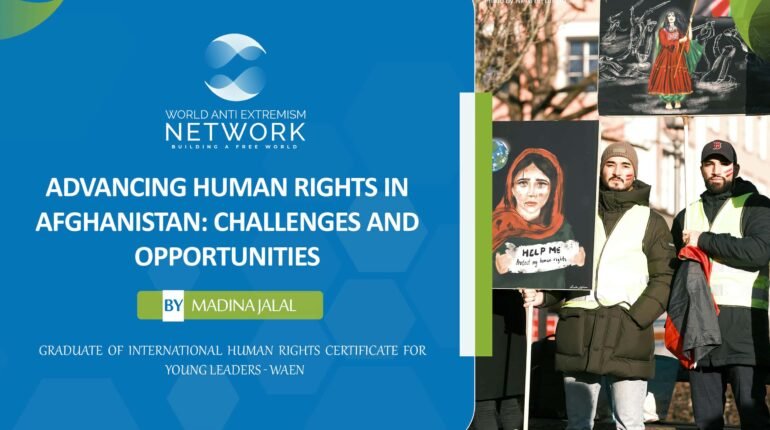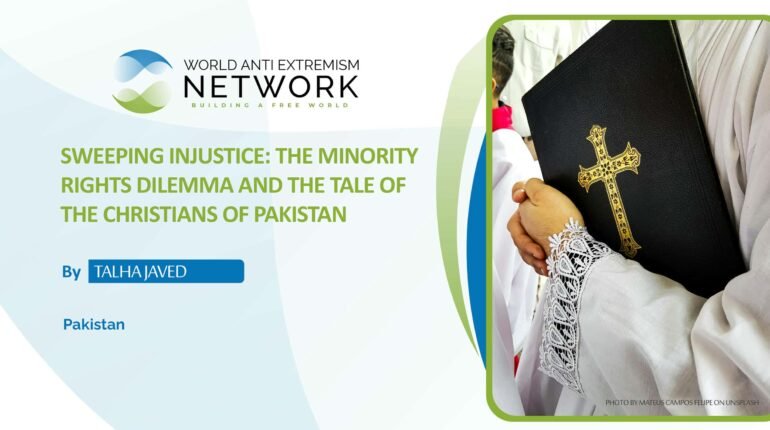Voiceless Daughters: The Struggle for Women’s Rights in Kunar and Nuristan Provinces
- World Anti Extremism Network
- Voiceless Daughters: The Struggle for Women’s Rights in Kunar and Nuristan Provinces
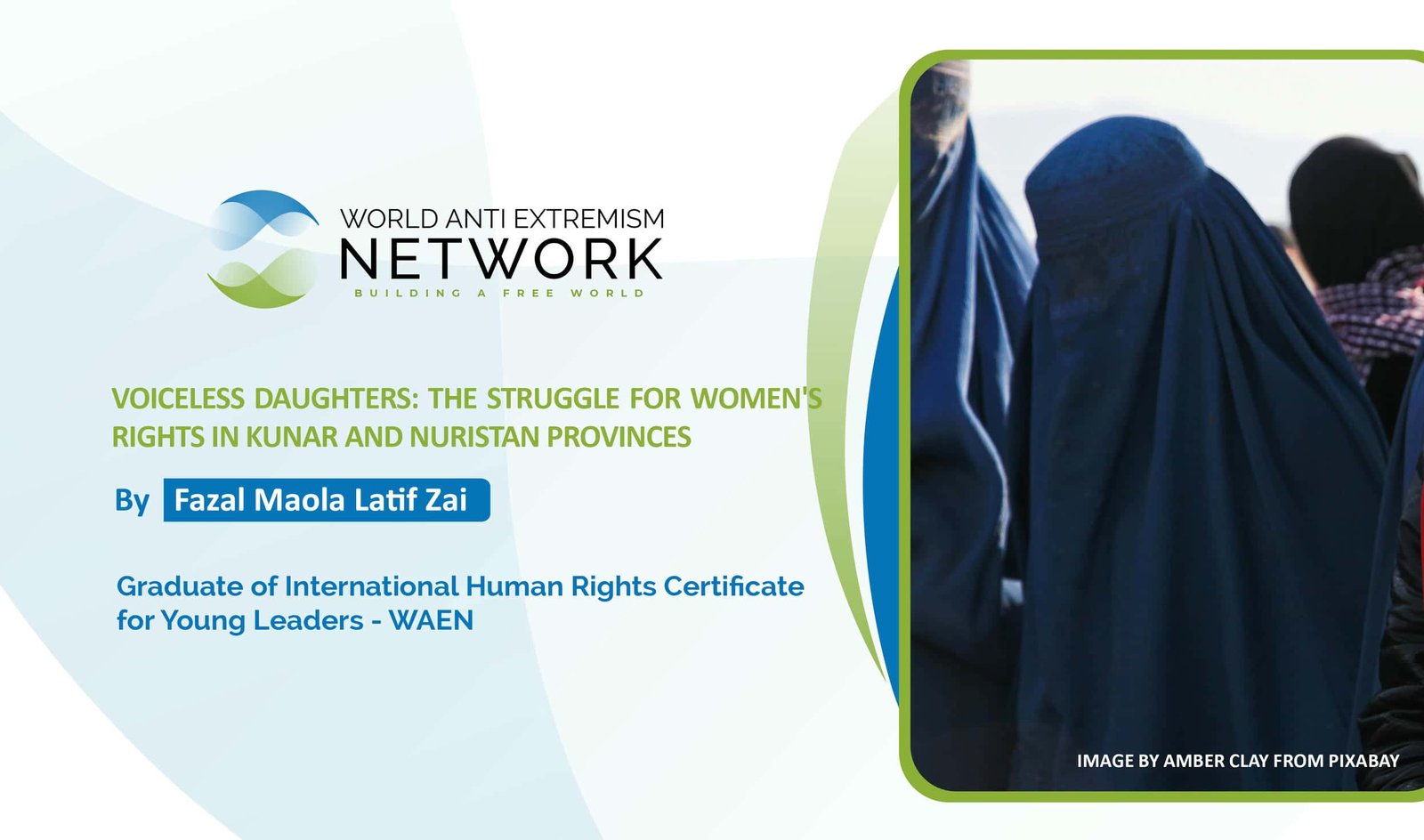
- Voiceless Daughters: The Struggle for Women's Rights in Kunar and Nuristan Provinces
- By Fazal Maola Latif Zai
- Jan 25, 2025
Share on:
Introduction:
Women are some of the most vulnerable members of society. When we think about human rights, the first image that often comes to mind is that of a woman. Throughout history and across cultures, women’s rights have often been neglected. In Afghanistan, particularly in the remote regions of Kunar and Nuristan, this reality takes on an especially harsh form. Here, women face grave rights violations—from forced marriages and denial of inheritance rights to being treated as commodities. Such practices stand in direct contradiction to both Islamic teachings and international human rights standards, underscoring the urgent need for intervention and reform.
Current Situation Analysis:
The rights violations faced by women in these regions reflect systemic challenges grounded in cultural practices, which often reduce women to mere transactions. Forced and child marriages are alarmingly common, with nearly one in three Afghan girls forced into marriage before they turn 18, according to UNICEF. In Kunar and Nuristan, many young women are left without a voice in decisions affecting their lives, particularly regarding marriage and inheritance. These practices strip women of autonomy and perpetuate cycles of poverty and dependency, contrary to their fundamental rights.
One illustrative custom in Nuristan involves the practice of trading daughters or sisters for livestock or other forms of wealth. In some cases, a girl may be exchanged for as many as 100 sheep, reflecting a tragic commodification of human life. This treatment is deeply at odds with both Islamic values and human rights standards. According to Human Rights Watch, such practices “dehumanize women, reducing them to currency in a bartering system that perpetuates violence and gender inequality.” The United Nations Office of the High Commissioner for Human Rights (OHCHR) similarly condemns these forms of exploitation, asserting that “cultural practices should not override the inherent dignity and rights of individuals.”
Islamic and International Human Rights Violations:
Islamic law emphasizes respect and dignity for all individuals, including women. The Quran specifically enshrines inheritance rights for women, as stated in verses such as Quran 4:7-11, while the Hadiths stress the sanctity of marriage as a consensual union. Yet, in regions like Kunar and Nuristan, local customs contradict these teachings. Women are frequently denied their rightful inheritance, reinforcing their dependence on male relatives and denying them financial security.
On the international front, key human rights instruments such as the Universal Declaration of Human Rights (UDHR) and the Convention on the Elimination of All Forms of Discrimination against Women (CEDAW) affirm every individual’s right to dignity, autonomy, and equality. Amnesty International has repeatedly highlighted that these practices in Afghanistan violate fundamental rights protected under these international agreements, asserting that “no custom, tradition, or religious consideration should be invoked to justify violence or discrimination against women.”
A UNAMA report on harmful traditional practices states that these customs harm women’s rights and perpetuate systemic violence against them
The Influence of Extremism and Authoritarianism:
Afghanistan’s recent political changes have worsened the situation for women, especially in rural regions. Under the Taliban’s current policies, women’s rights to education, freedom of movement, and employment have been severely restricted, creating an environment that validates and reinforces existing gender biases. The United Nations Assistance Mission in Afghanistan (UNAMA) reports that the Taliban’s restrictions “not only deny women access to public life but also cement oppressive cultural norms,” as families internalize and perpetuate these prohibitive rules. Consequently, harmful practices like forced marriages and inheritance denial are often seen as culturally justified, while attempts at advocacy face swift opposition.
The UN Women organization emphasizes that such restrictions “not only marginalize women but also harm the country’s overall progress.”
In a recent article, Human Rights Watch highlighted the global backlash against women’s rights and how the Taliban’s policies reflect an extreme form of this regression
Challenges to Advocacy and Reform:
Efforts to advocate for women’s rights in regions like Kunar and Nuristan encounter multiple obstacles. The Taliban’s restrictive stance has discouraged many from openly advocating for women’s rights, especially in areas where such views are often considered alien to traditional practices. Fear of reprisal from both local authorities and family members further prevents women from voicing their grievances. The limited resources and logistical barriers in remote regions also make it challenging to reach those most affected.
Human Rights Watch highlights these difficulties, noting that “gender-based violence in Afghanistan is largely hidden and ignored, especially in remote areas where cultural taboos against discussing women’s issues are strongest.” Without a secure and supportive infrastructure, women in these regions lack access to support systems and legal protections.
Recommendations:
Addressing these longstanding and complex challenges requires a comprehensive approach that combines community engagement, legal reform, and international collaboration. Below are some recommended strategies:
- Community-Based Education Initiatives: It is crucial to raise awareness of women’s rights within an Islamic framework, emphasizing the Quranic principles that grant women autonomy and rights in marriage and inheritance. Programs led by respected community and religious leaders could help shift local perspectives, as UNESCO suggests that “locally-rooted educational programs offer the most sustainable path to cultural transformation.”
- International Support and Collaboration: Working with organizations such as UN Women and the International Rescue Committee (IRC) can strengthen local advocacy efforts by providing resources and protection for community leaders who champion women’s rights. The United Nations Entity for Gender Equality and the Empowerment of Women (UN Women) emphasizes that such collaborations are key to “bridging cultural divides in a manner that respects local traditions while promoting gender equality.”
- Engagement with the Taliban for Incremental Reforms: Despite the Taliban’s restrictive policies, efforts to negotiate mutual goals, such as economic development, could encourage incremental reforms. The World Bank suggests that “investment in female education and empowerment yields economic benefits,” a potential point of leverage for advocates seeking to demonstrate the broader societal advantages of gender equality.
Conclusion:
The situation for women in Kunar and Nuristan highlights the tension between cultural tradition, religious interpretation, and human rights. Forced marriages, denial of inheritance, and the commodification of women stand as violations not only of international human rights standards but also of Islamic teachings. A collaborative approach that includes education, international partnership, and cautious engagement with local authorities offers a potential pathway to positive change.
Empowering Afghan women to claim their rightful place in society requires patience and perseverance. By challenging harmful customs and advancing equal rights, Afghanistan can foster a future where women are seen not as commodities, but as equal and vital members of their communities. While the road to reform is long, each step toward gender equality strengthens the foundation for a just society that values and respects the dignity of all its members.
About the Author
Fazal Maola Latif Zai is a recent graduate in Business Administration from Sayed Jamaluddin Afghani University, where he developed a strong commitment to advocacy and social change. His experience includes working as an Advocacy Officer with the Organization of Afghan Women Capacity and Knowledge (OAWCK), where he focused on promoting women's rights and addressing social injustices in remote Afghan regions. Fazal has also served as a caseworker for Afghan Special Immigrant Visa (SIV) and P2 applicants, assisting at-risk Afghan families in Afghanistan with navigating complex immigration processes. With a background in administration and community outreach, he is dedicated to advancing gender equality and human rights, particularly for Afghan women facing cultural and systemic barriers.
The opinions expressed in these articles are solely those of the authors and do not reflect the views or positions of the organization. If you find any information incorrect, please contact (research@worldantiextremism.org), and we would be happy to assist you. You can download, distribute, and reuse this work, provided you credit the author and cite the original source.
Related Articles
Subscribe to our newsletter and stay updated.
Contact
Toronto, Ontario, M1L 0E5 Canada
Subscribe to our newsletter and stay updated.
Contact
Toronto, Ontario, M1L 0E5 Canada
Subscribe to our newsletter and stay updated.
Contact
Toronto, Ontario, M1L 0E5 Canada


